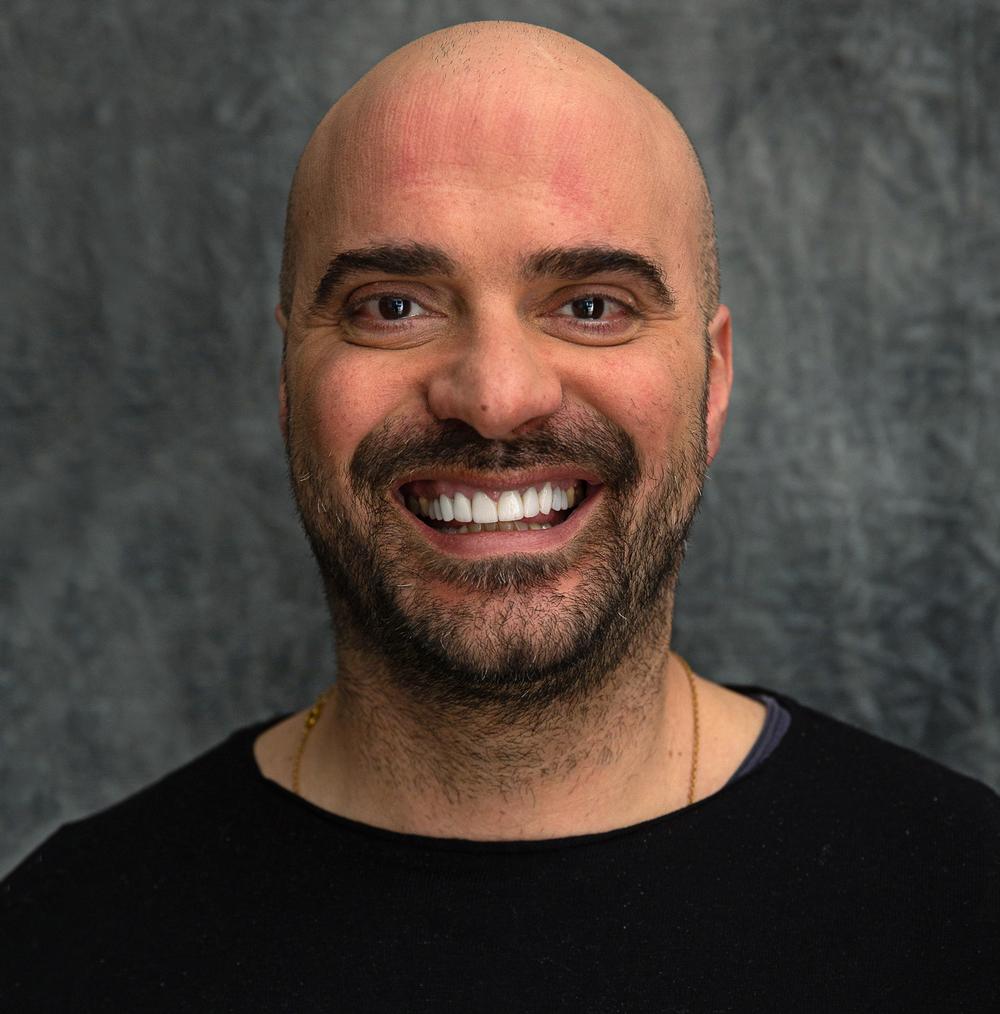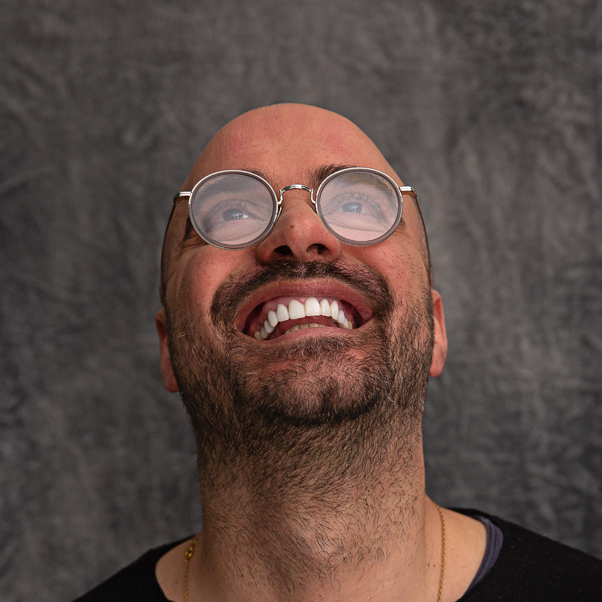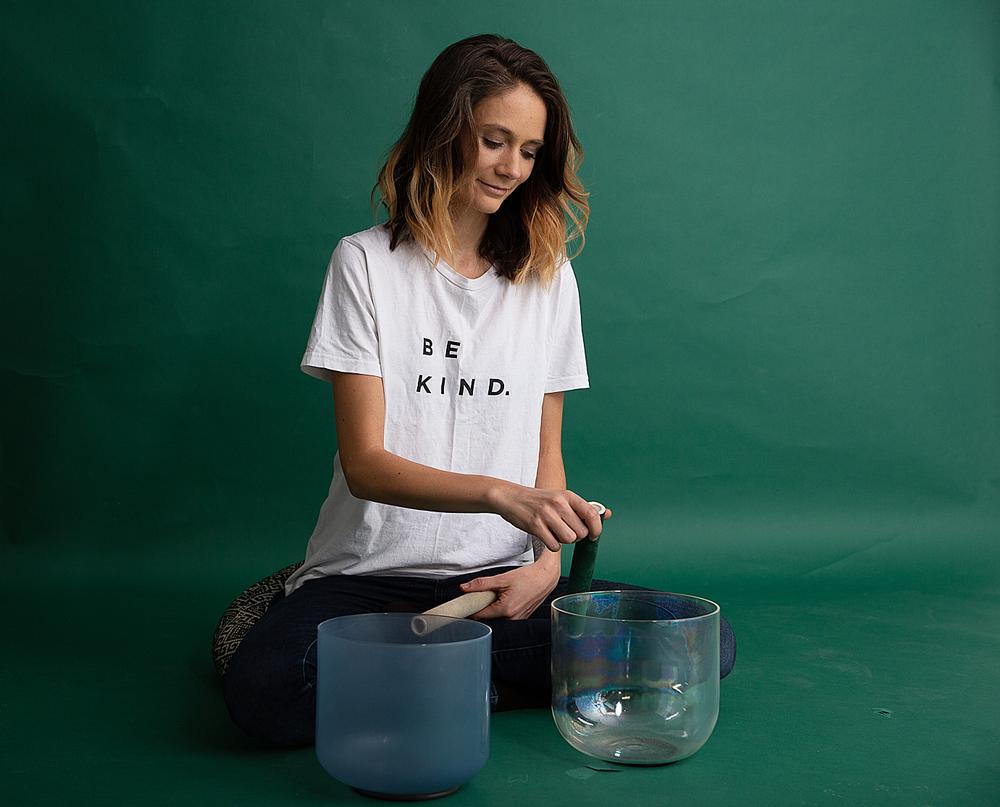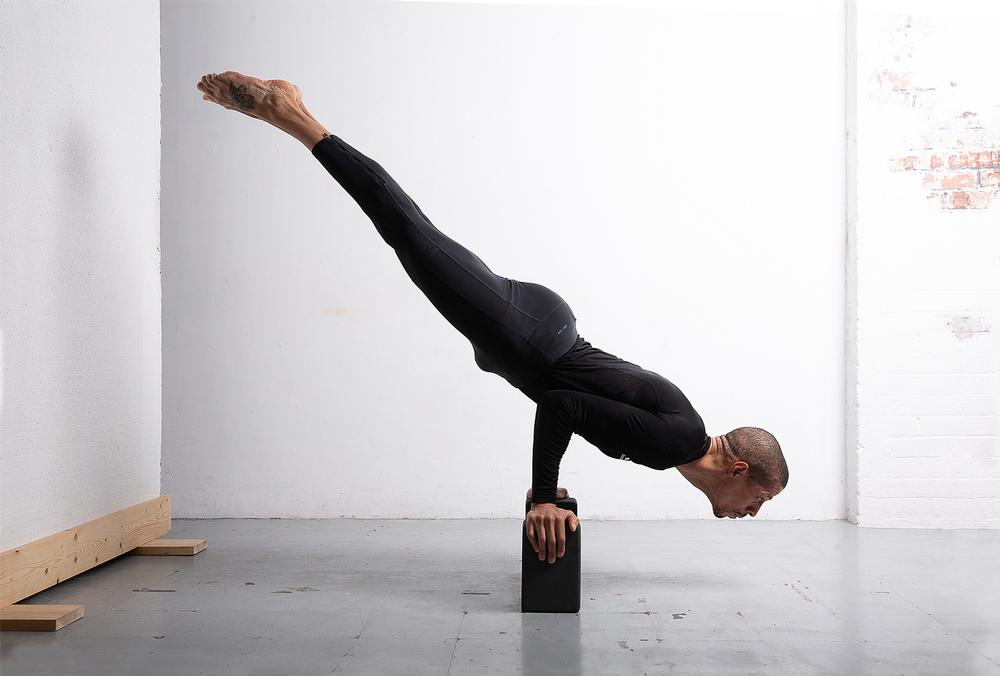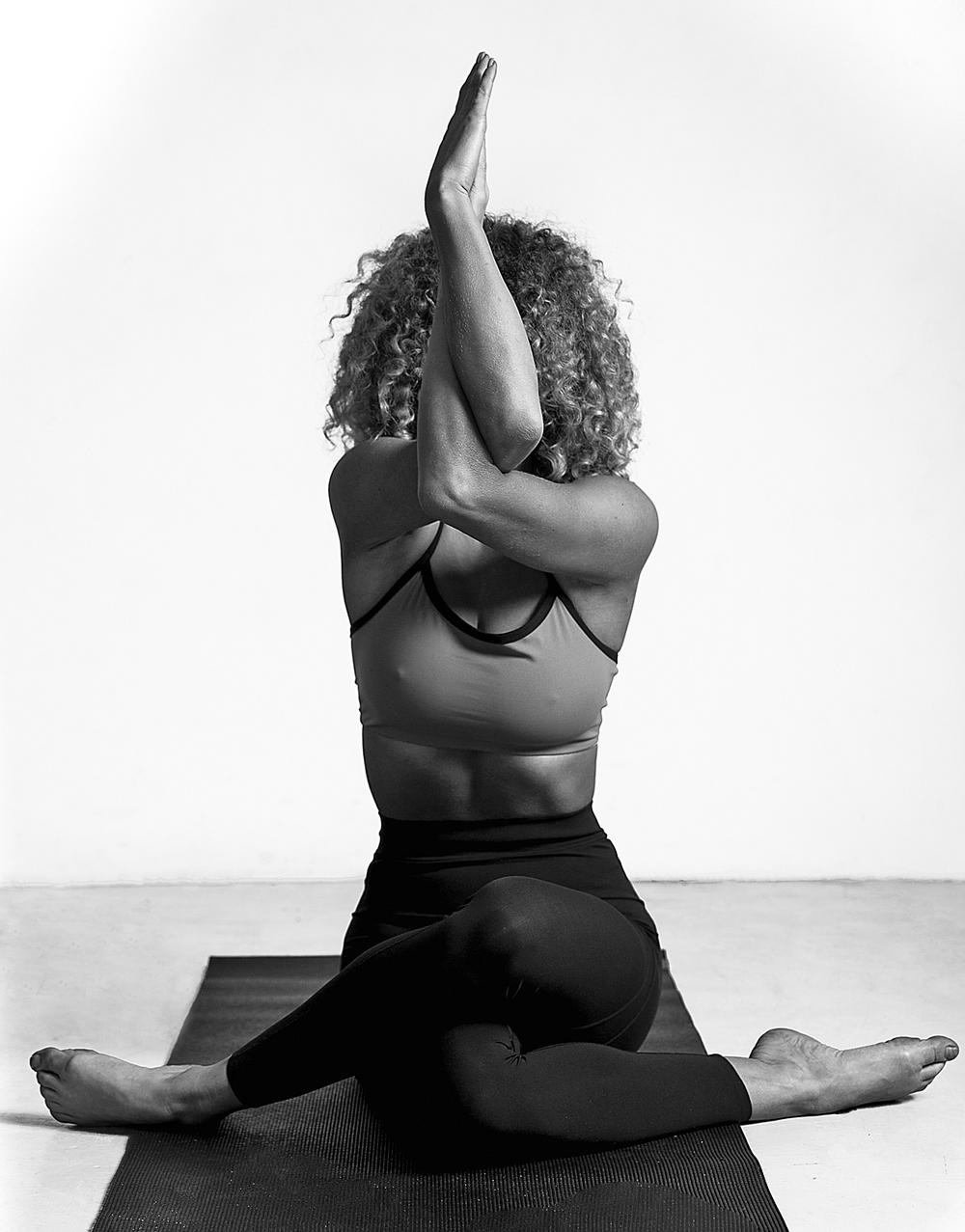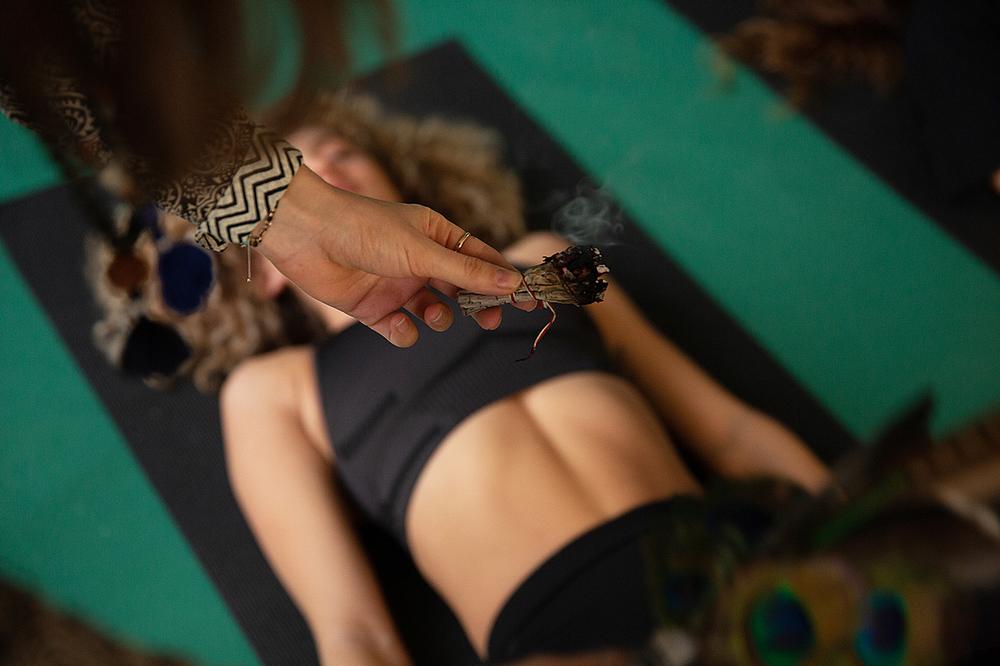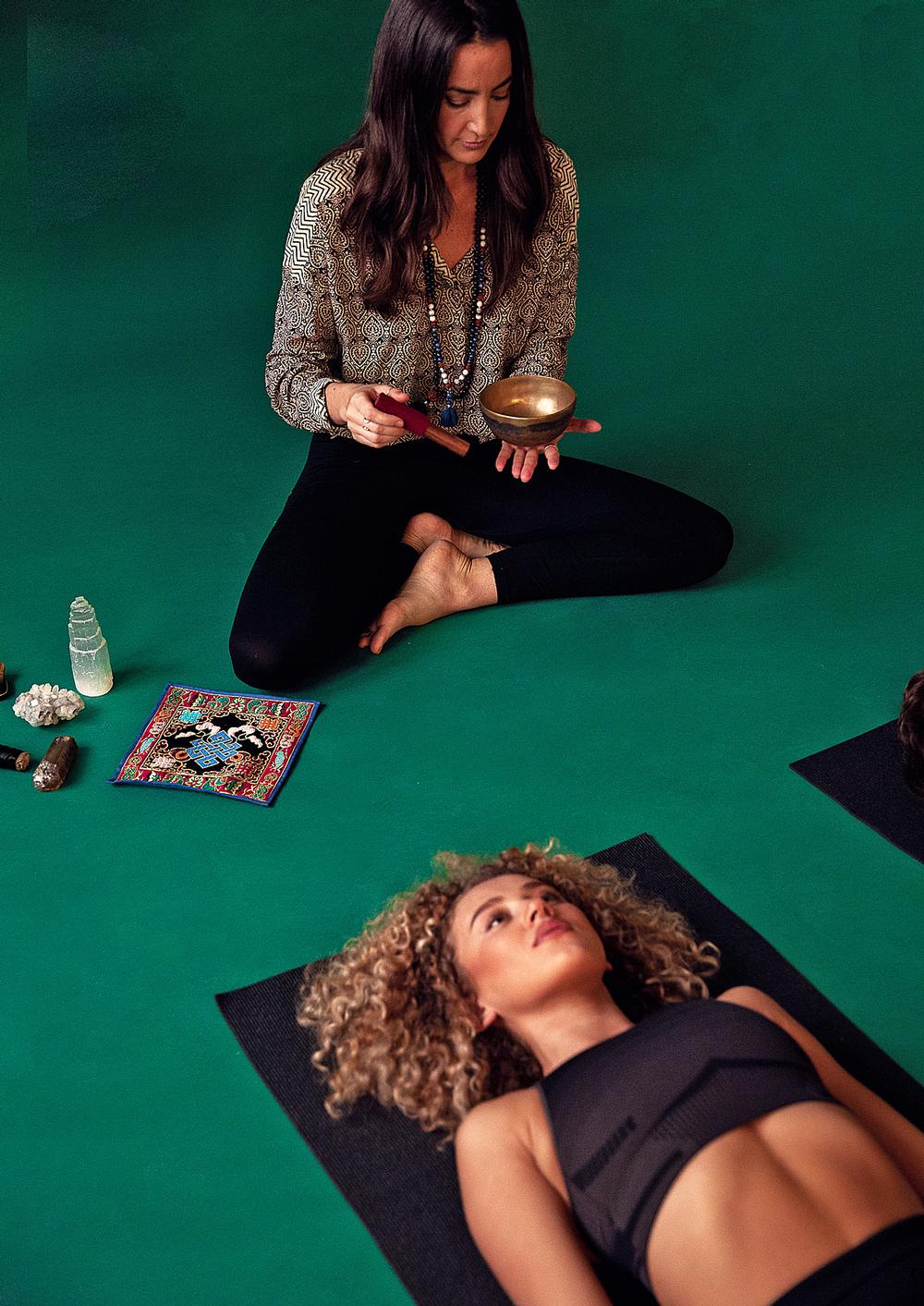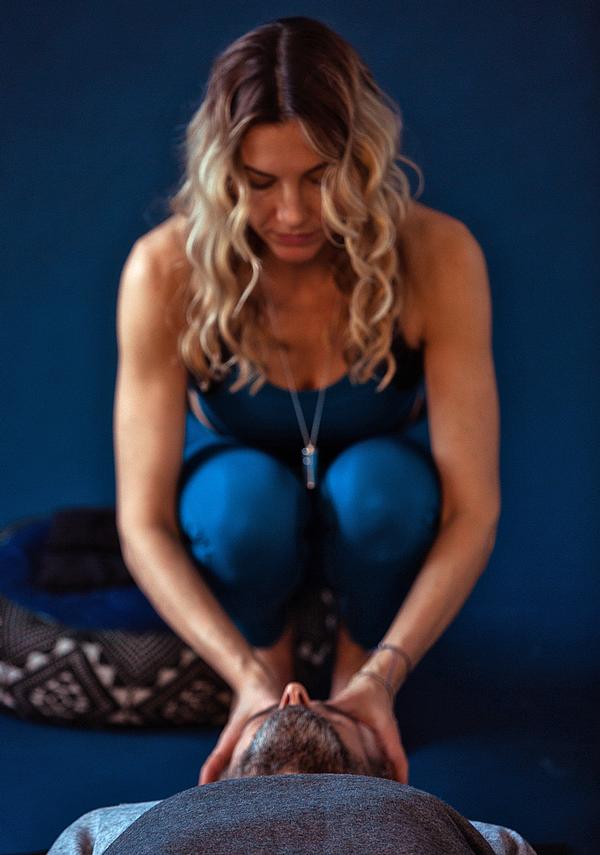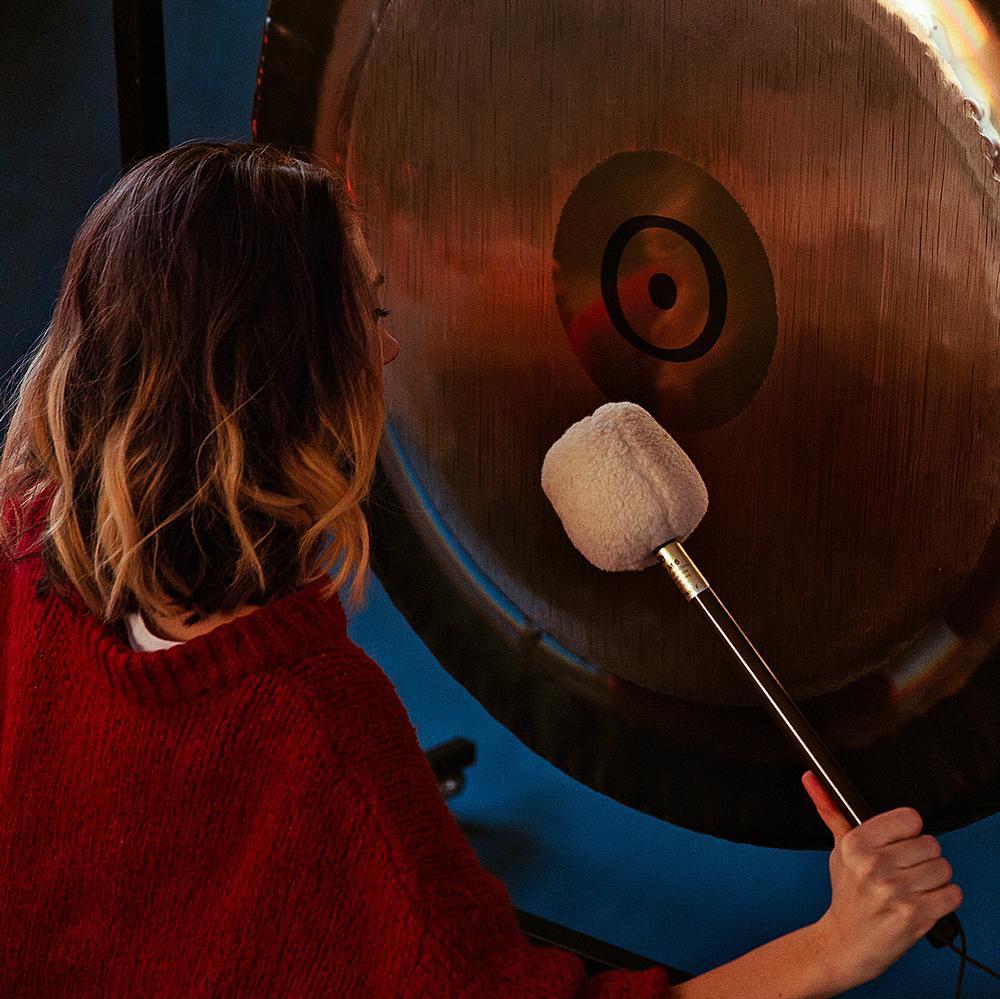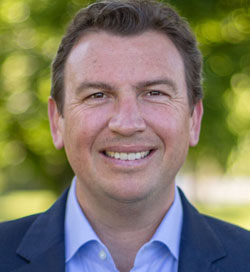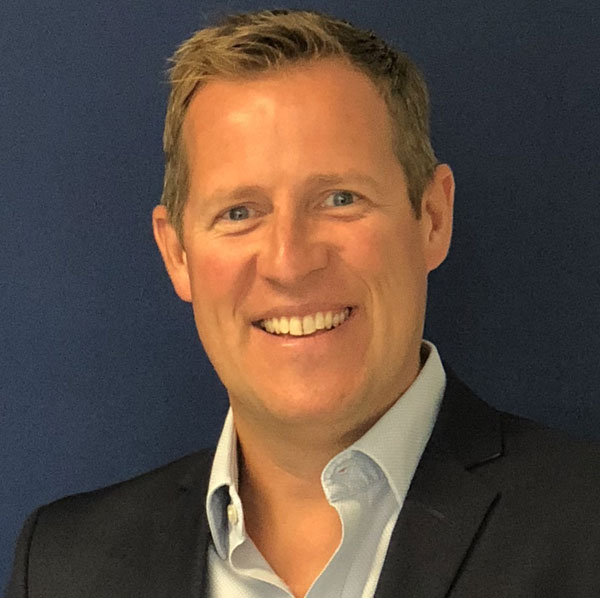How would you describe the House of Wisdom?
It’s a social space that’s been created to help people live better lives. We use a combination of personal and spiritual development to help our members to unblock whatever issues and problems they may be facing and to help them move towards a more fulfilling life.
Our offering is based on various pillars: movement, breathwork, meditation, sound healing, talks and workshops.
Movement consists of yoga nidra and kundalini yoga, tai chi and capoeira. Breathwork, meanwhile, was a revelation for me: you just can’t under-estimate the power of teaching someone to breathe properly, how clear and free you feel.
With meditation, really our approach is more about mindfulness. We teach people to be present and enjoy the moment, rather than constantly checking their phone and thinking about what they’re going to do next.
Then, in our sound healing classes, we use the gong and the Tibetan bowl and it’s incredibly relaxing. You feel reborn after 45 minutes.
Our talks and workshops focus on a wide range of empowerment topics: how to overcome fear, how to build a winning mindset, how to communicate with people, how to set boundaries, how to make a career change, how to set goals. We also run occasional workshops on broader themes, which can be anything that might give people a different perspective on life, including managing social media, Cambridge Analytica, health, etc.
Between the five co-founders, we deliver life coaching, sound healing and breathwork. We then bring in external experts for movement, neurology, psychology and life coaching in areas we don’t specialise in: relationships and self-love, for example. We’re open to working with anyone who can contribute to making people’s lives better.
Why the name?
House of Wisdom abbreviates to HOW – a powerful word.
How do we achieve acceptance, gratitude, kindness, compassion, empathy, self-love? How do we live a more fulfilled life? How do we become more mindful? How do we build more awareness? How do we learn these things?
That’s the reason behind this strong, three-lettered name. And then the wisdom: you need to find the wisdom within yourself if you want to make a change.
People think making a change is easy and fast, but that isn’t true. It’s hard and it takes time, and the first step is having the wisdom to accept the stage in life you are at – that it isn’t right or wrong, good or bad – it just is.
That’s the first step: acceptance of “this is where I am”. Commitment to action, to make a change, to live a better life, can then follow. And that’s why House of Wisdom was born.
What was your personal motivation?
All of the HOW founders have been through our own struggles and learned techniques to help.
My journey really began four years ago. I had done well in my career, moving from investment banking to hospitality, where I’d created a number of successful nightclub brands – including Toy Room, which opened in seven cities around the world – and a new venture in restaurants.
Everyone was telling me I should be proud of what I’d achieved, but I wasn’t happy and I didn’t feel proud. I felt as though I was climbing the wrong ladder.
So, I decided to do something about it and began to search for my own personal definition of success and happiness.
I discovered techniques to improve my life and make me feel more fulfilled, became an NLP life coach and learned mindfulness to help me enjoy every moment.
I’m now a totally different person. I like to think I’m a better version of myself – Luca 2.0 – and that helps me cope better with the other side of my life – the nightclubs and so on.
How open are people to the HOW message?
The biggest challenge for us at House of Wisdom is that while struggles with mental health are no longer a taboo subject in our societies, the various elements of our offering at HOW are still quite niche.
We want to change that, to bring it mainstream. This isn’t big yet, but it should be because we all need it.
We would all benefit from learning skills to help us live life better, but some people get scared when you mention meditation, breathwork, sound healing. You have to speak about it in very simple terms, focusing on the benefits for people. We explain that we can help them relax, develop more clarity, set boundaries in their life and so on. And we encourage them to make room for this in their life.
Who’s your target audience?
The target market for HOW is anyone from 16 or 17 years of age all the way up to 50+. I honestly believe it’s rare to be entirely happy with life, so I do think everyone can find something at HOW to help them. If you learn to breathe properly, to relax, to be mindful, to set goals, to communicate better, your life will improve.
Young people are a big focus for me, though. I’m not a therapist or a psychologist, but for 15 years I was out five nights a week, meeting around 5,000 people each week. I must have met over a million young people – those in Generations Y and Z – and you know what it’s like, people get talking after they’ve had a few drinks, so they would often tell me about their problems.
And this age group do face big challenges. They’ve grown up with social media telling them they can be absolutely anything they want to be. That they can become an overnight success with power, recognition, money, millions of followers. Their hopes and dreams are fuelled by this.
When they realise that life isn’t that easy, they go into a deep crisis and this will now be compounded by the challenges they face as a result of the coronavirus.
When I talk to them, I try and help them understand that they have one simple choice in life: they can set themselves a huge goal and only be happy when they achieve it, or they can enjoy every step of the journey. Because really, that’s the only choice any of us have.
What’s your business model?
While we want to do good, we also need HOW to be profitable. We’re running this as a business.
You can access us in different ways: you might just come for yoga or breathwork, or you might explore the full range of what we have to offer. You might just do classes or you might want to explore some one-to-one therapy too.
You can pay per class or, in the long run, opt for weekly, monthly or annual membership. Classes cost £18–22 and workshops at around £40–45; one-to-one are a little more expensive. We aim to make it accessible but profitable.
We’re aiming to build a community, so we word-of-mouth is our most powerful tool. We all know someone who could benefit from what we offer.
We’re also offering corporate outreach – it’s a world I know well from my time in banking – and would love to go into schools and universities as well.
What is your ambition for House of Wisdom?
We’re certainly not doing this with a view to only opening one site. We want to make a change in the world through the brand we’ve created.
Our goal is to have a House of Wisdom in every big city in the world. In the shorter term, we’re aiming to have three locations – a second site in London and then one in the US. And then absolutely, we want to expand it even further.








